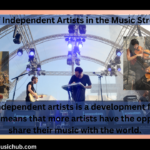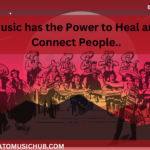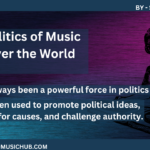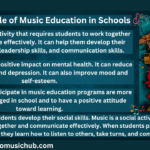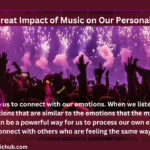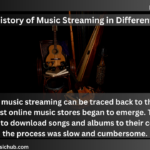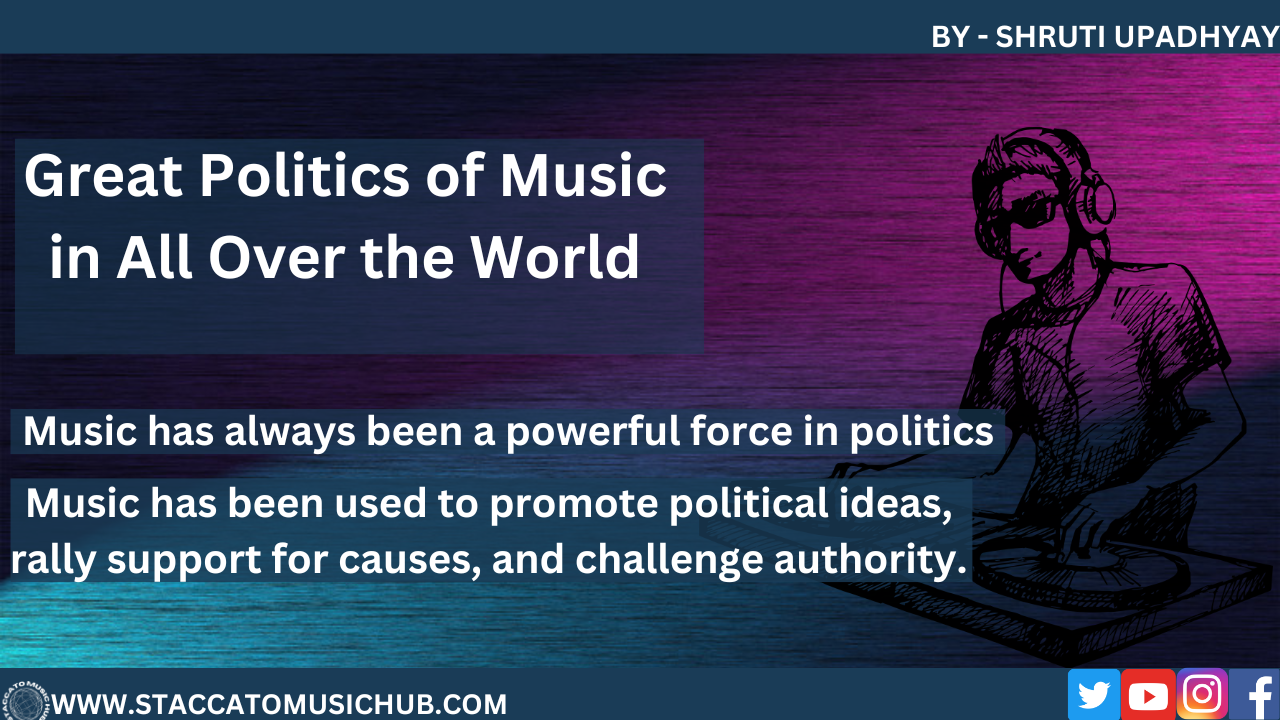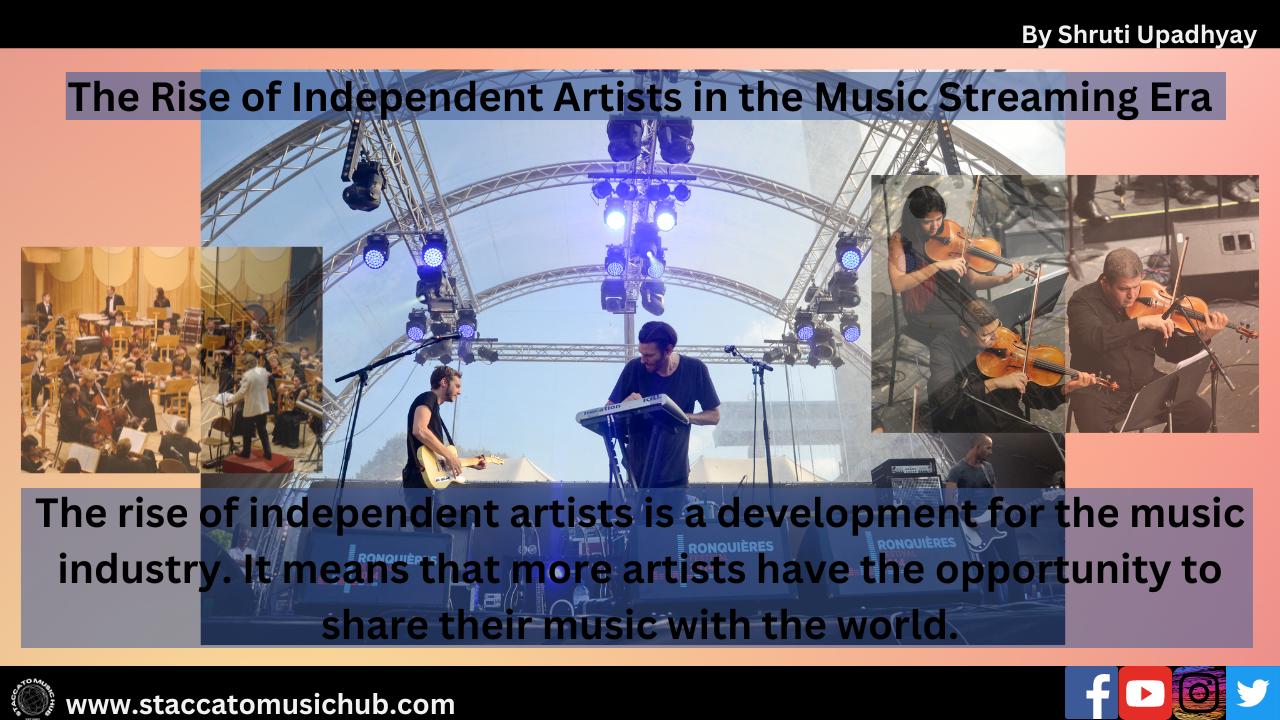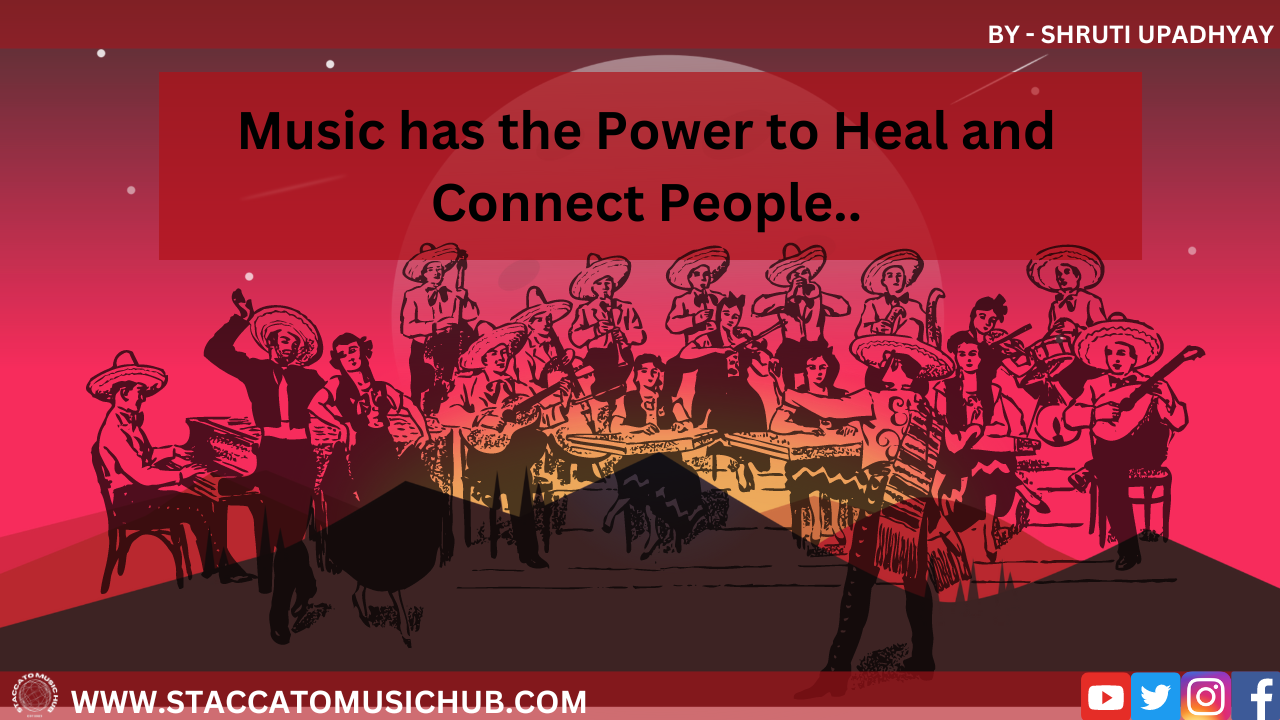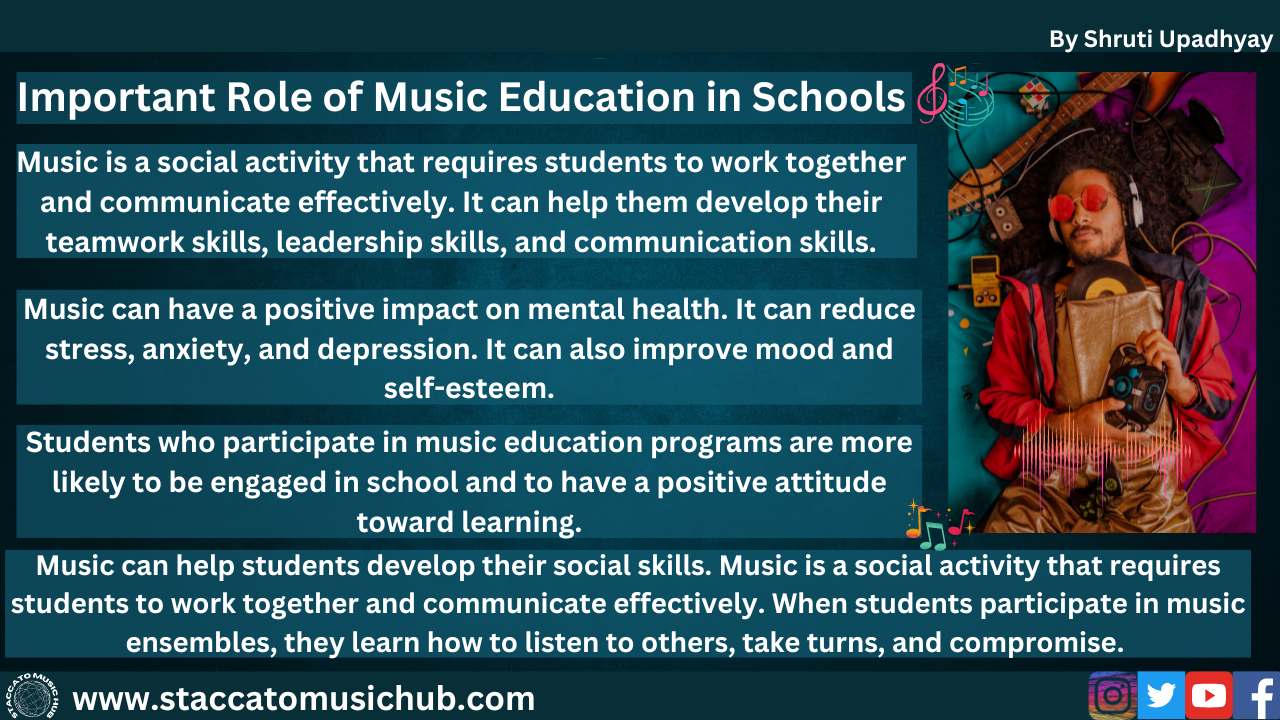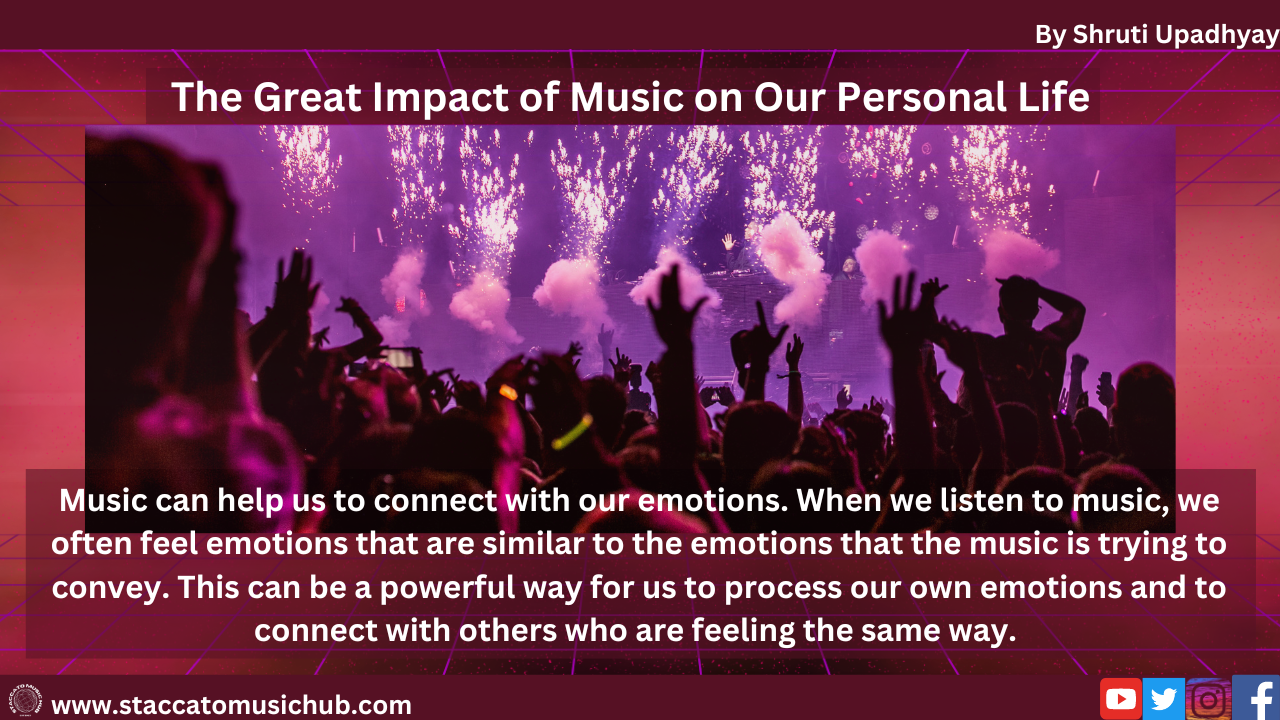Music has always been a powerful force in politics. From the ancient Greeks to the present day, the future of music has been used to promote political ideas, rally support for causes, and challenge authority.
In other cases, music has been used more subtly to express political views. For example, the lyrics of many popular songs can be interpreted as having political meaning, even if the artists themselves did not intend them to be political. For example, the song “Imagine” by John Lennon is often seen as a plea for a world without war or poverty.
In some cases, music has been used to explicitly promote political change. For example, the American civil rights movement was accompanied by a wave of protest music, such as “We Shall Overcome” and “Blowin’ in the Wind.” These songs helped to galvanize support for the movement and to inspire people to take action.
Music can also be used to challenge political authority. For example, the Soviet Union banned many popular songs that were seen as critical of the government. In recent years, the Chinese government has also cracked down on artists who produce music that is seen as politically sensitive.
The politics of music is a complex and ever-changing field. However, one thing is clear: Music has always been a powerful tool for expressing political ideas and for shaping the course of history.
Here are some specific examples of how music has been used in politics:
- In the United States, the civil rights movement was accompanied by a wave of protest music, such as “We Shall Overcome” and “Blowin’ in the Wind.” These songs helped to galvanize support for the movement and to inspire people to take action.
- In South Africa, the anti-apartheid movement was also accompanied by a wave of protest music, such as “Free Nelson Mandela” and “Bring Him Back Home.” These songs helped to raise awareness of the apartheid regime and to put pressure on the international community to take action.
- In the Soviet Union, the rock band The Beatles was banned because their music was seen as promoting Western values. The band’s popularity, however, only grew in the Soviet Union, as people listened to their music as a way to express their dissatisfaction with the government.
- In China, the government has cracked down on artists who produce music that is seen as politically sensitive. In recent years, several artists have been detained or even imprisoned for their lyrics.
These are just a few examples of how music has been used in politics. Music is a powerful tool that can be used to promote social change, to challenge political authority, and to express dissent. It is a vital part of our cultural and political landscape, and it continues to play an important role in shaping the world we live in.
How music can be used to promote social change:
Music can be used to raise awareness of social issues, to mobilize people to take action, and to create a sense of shared identity among those who are working for change. For example, the American civil rights movement was accompanied by a wave of protest music, such as “We Shall Overcome” and “Blowin’ in the Wind.” These songs helped to galvanise support for the movement and to inspire people to take action.
How music can be used to challenge political authority:
Music can be used to criticize government policies, to expose corruption, and to call for political reform. For example, the Soviet Union banned many popular songs that were seen as critical of the government. In recent years, the Chinese government has also cracked down on artists who produce music that is seen as politically sensitive.
How music can be used to express dissent:
Music can be used to express unpopular or marginalized viewpoints, challenge dominant ideologies, and create a sense of community among those who feel excluded from mainstream society. For example, the punk rock movement of the 1970s was a way for young people to express their dissatisfaction with the status quo.
The politics of music is a complex and ever-changing field. However, one thing is clear: Music has always been a powerful tool for expressing political ideas and for shaping the course of history.
Here are some other interesting topics to consider about the politics of music:
The politics of music is a complex and ever-changing field. However, one thing is clear: music has always been a powerful tool for expressing political ideas and for shaping the course of history.
How does the genre of music affect its political message? For example, protest songs are often folk or country songs, while political hip hop is often more explicit in its message.
How does the rise of new technologies, such as the internet and social media, affect the politics of music? For example, these technologies have made it easier for artists to reach a wider audience and to connect with other activists and musicians around the world.
How does the political climate of a country affect the music that is produced? For example, during periods of political repression, artists may be more likely to produce music that is coded or allegorical in its message.
The politics of music is a fascinating and ever-evolving field. There is no one right answer to any of the questions that it raises. However, by exploring these questions, we can gain a deeper understanding of the power of music and its role in society.

